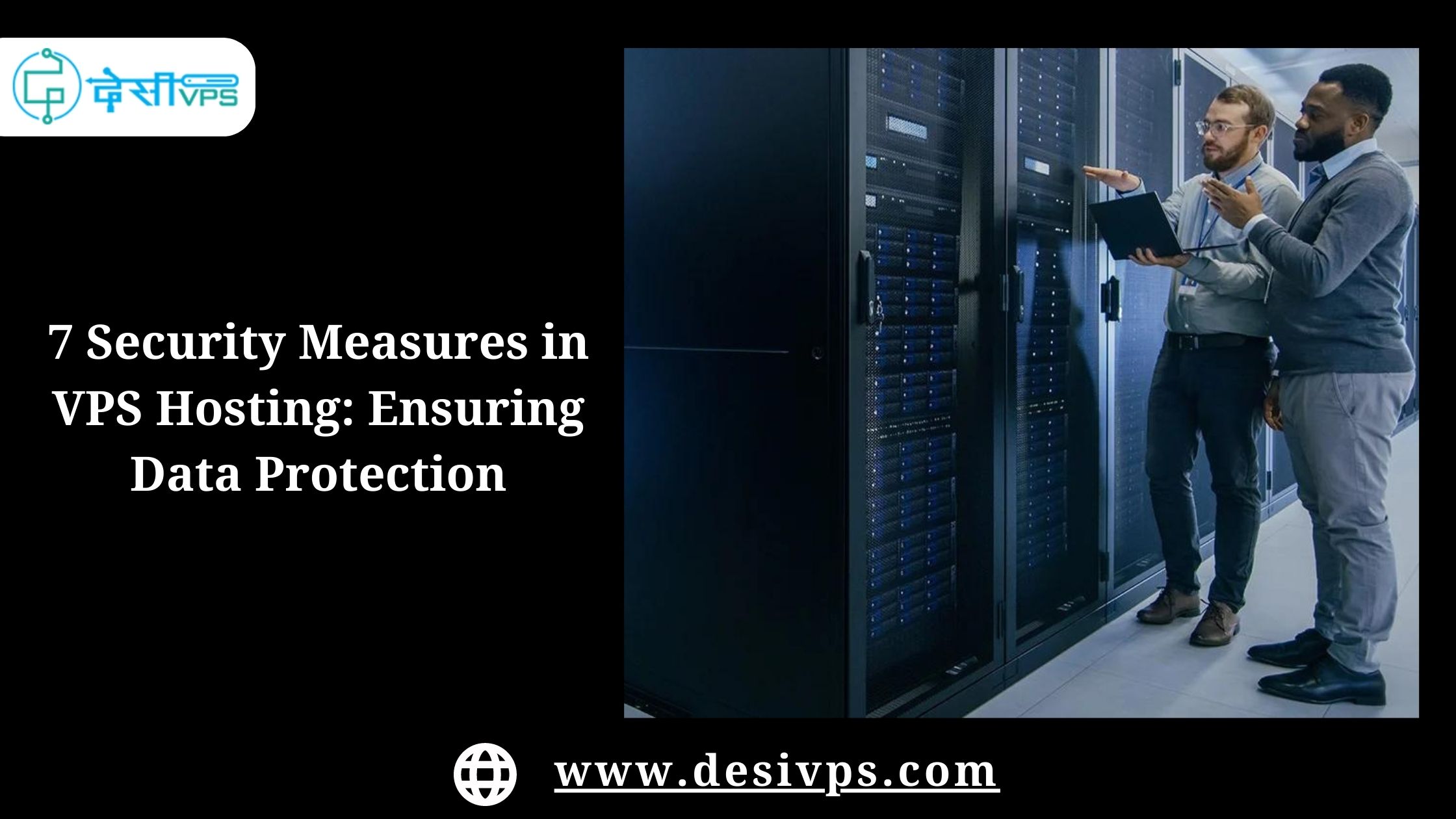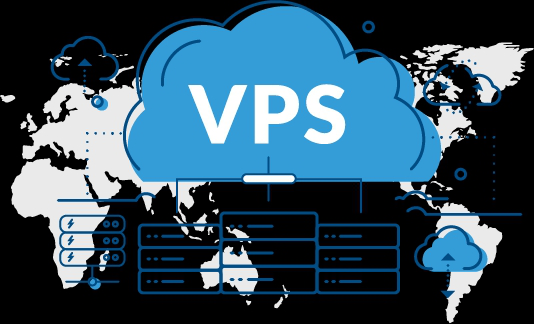From big to small companies, everyone seems concerned about web hosting security. Why they shouldn’t be when scary topics cover the news headlines daily.
Everyone would be scared when opening the paper in the morning and reading headlines with quotes- “customer data loss,” “personal or financial information stolen,” “website content destroyed.”
No doubt the issue is dire, but you should not be scared. We have created this blog to address security measures in VPS hosting that will help you keep your data extra secure.
Take the following steps to secure your VPS hosting:
- Update To The Latest Software Versions
The older the software version you rely upon, the higher your VPS becomes vulnerable. Act quickly whenever there’s any update, as it hardly takes a few clicks. The best will be if you automate the process to stay relaxed.
- Observe Your VPS Server Logs
Observing your server logs lets you stay in control over the activities happening with your VPS. When you keep track of your VPS systems and software, you keep yourself informed of any possible issues popping up.
Pro Tip – Enable email notifications for errors, warnings, or suspicious activity so you can track the event in real-time.
- Revise Your Default SSH Login
Logging in to your server using SSH methods makes you a victim of a brute-force attack. The attack means someone gains access to your SSH by trying a variety of common passwords. That’s why it is advised to quickly change the default SSH 22 port login passwords so that you remain safe. Keep a strong password that includes upper and lower-case characters, non-alphanumeric characters, and numbers.
- Set Up Your Firewall
Keep the unwanted traffic at bay by setting up a firewall. In most Linux-based OS, you may get pre-installed firewalls. You may tap on DesiVPS, which takes security seriously and provides free security measures to upgrade anytime.
- Ensure Malware-protected Server
Setting up a firewall is not enough; it only guards incoming traffic. What about the files already uploaded to your VPS should? Enlisting reliable anti-virus software on your VPS would be best, which is a pretty effective way to expose any suspicious activity and vandalize unwanted files.
- Enforce Brute-force Attack Protection
You already know that brute-force attacks occur when you have a weak password that hackers detect quickly and get full access to your VPS. Thinking of any strong password won’t be enough. You must use tools that help you detect and prevent brute-force attacks.
- Keep Control Over User Access
While you strive for VPS security, you may prefer to control distribution. In simple words, the areas where users can operate. Let’s suppose many users use your VPS; you may limit their access to avoid affecting your resource usage and protect sensitive data.
In The End
We tried our best to come up with every possible measure you can improvise to ensure your data remain secure. However, we suggest staying updated with the latest threats and security measures for maximum safety.



